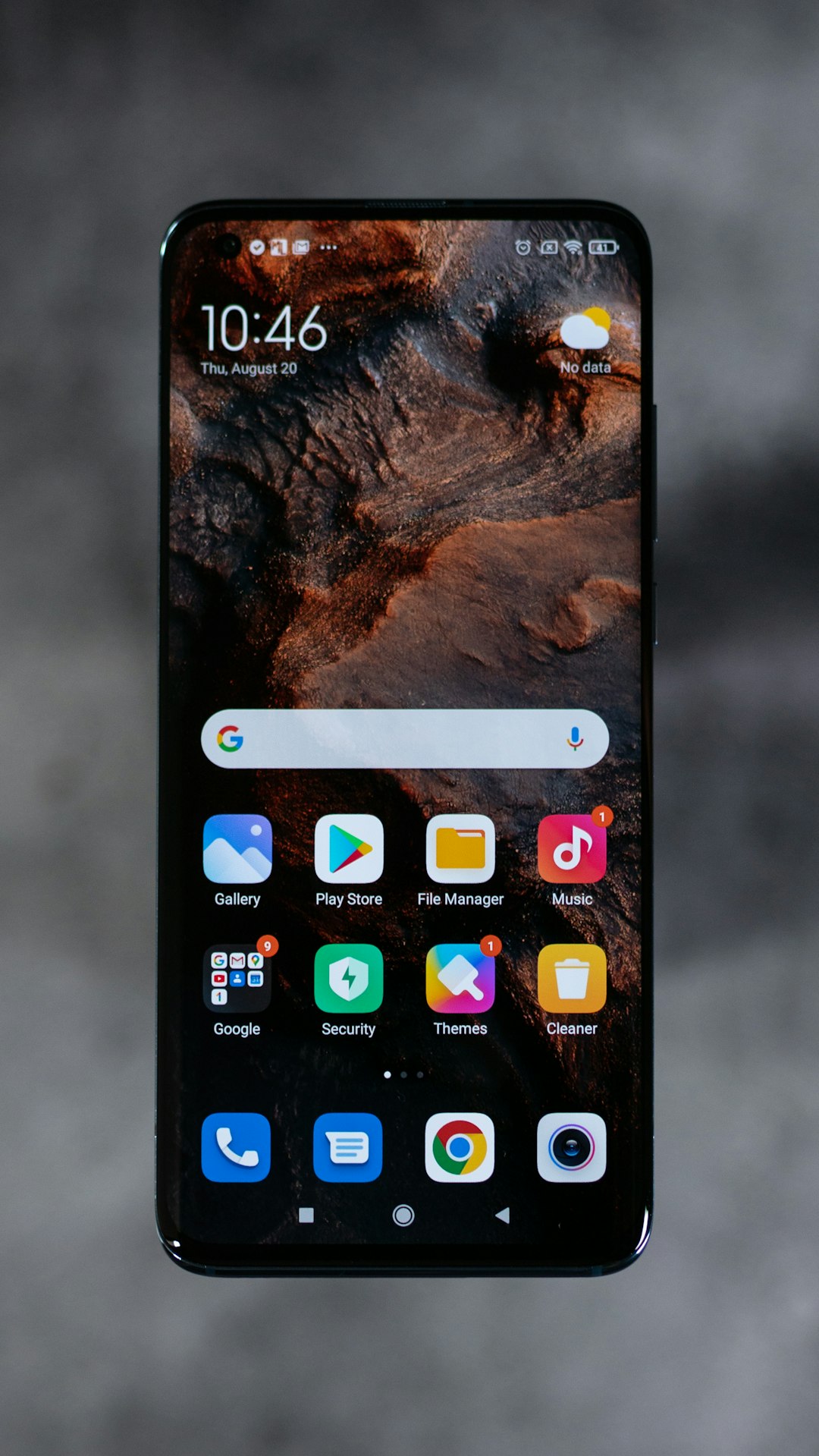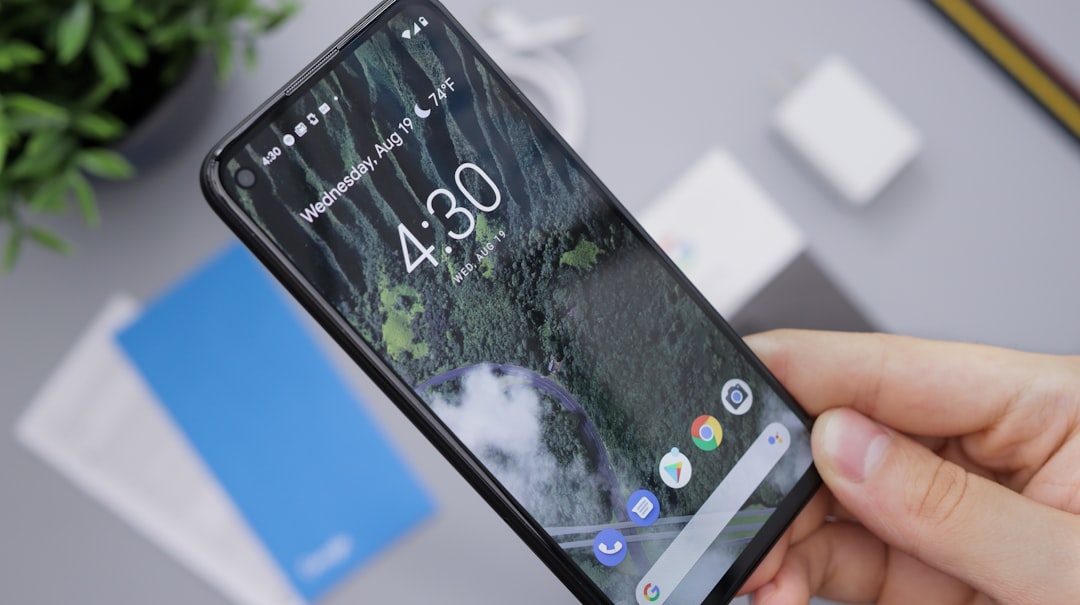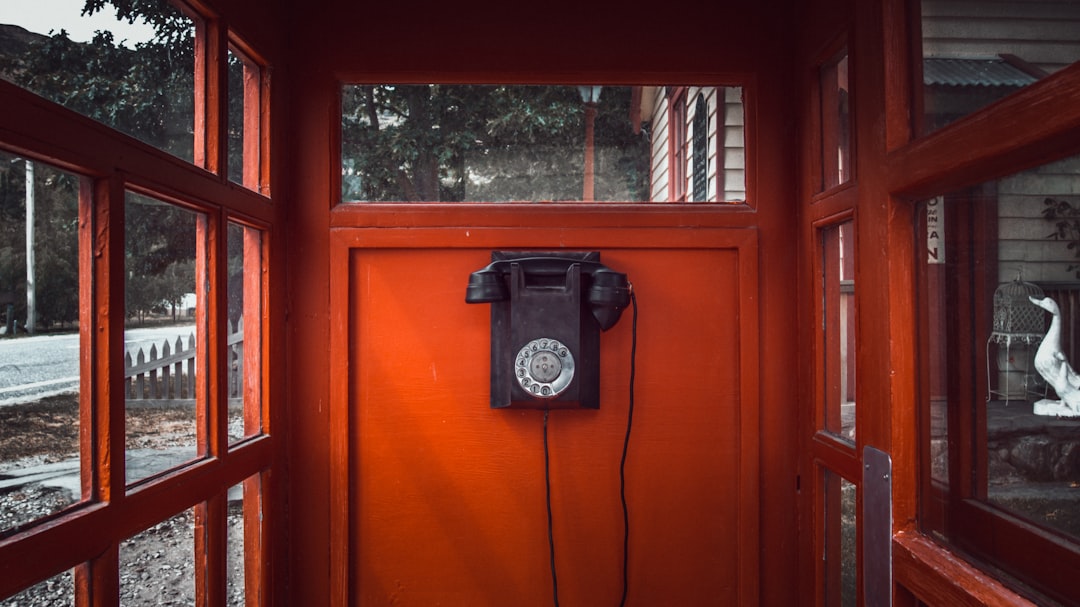Booneville seniors combat unwanted phone calls from telemarketers and scammers using technology solutions like Do Not Call Lawyers Mississippi and call-blocking apps, reclaiming control over their communication and reducing stress, especially with health concerns. Legal protection through the National Do Not Call Registry and consulting local lawyers offer further safeguards. Advanced tools and services in today's digital age enhance peace of mind against spam and robocalls.
In Booneville, as in many communities, seniors often face a deluge of unwanted calls, from telemarketers to scam artists. This can significantly impact their quality of life and safety. Understanding these calls from a senior’s perspective is crucial, as is knowing their legal rights under the Do Not Call Registry in Mississippi. This article explores technology tools and apps designed to help Booneville seniors manage and block these nuisance calls, ensuring they can maintain effective communication while staying protected. For any concerns or issues, consulting with Do Not Call lawyers in Mississippi can provide additional guidance and support.
Understanding Unwanted Calls: A Senior's Perspective

Unwanted calls can be a significant source of frustration and distress for Booneville seniors, often posing as sales or scam attempts. These unwanted intrusions can disrupt daily routines and create unnecessary stress, especially for those managing various health conditions. Many older adults find themselves on the receiving end of repetitive calls from unknown numbers, promoting products they neither need nor want. The constant ringing and effort to screen or block these calls can take a toll on their mental well-being.
In light of this issue, Booneville seniors are increasingly seeking technology solutions to combat unwanted callers. With the assistance of Do Not Call Lawyers Mississippi and various applications, they can register their numbers and automate call blocking. These tools not only filter out telemarketers but also protect against scam artists who target vulnerable populations. By leveraging modern technology, seniors can reclaim control over their communication, ensuring a quieter and safer environment.
Legal Rights: Do Not Call Registry in Mississippi

In the United States, including Mississippi, seniors have legal rights to protect themselves from unwanted phone calls. The National Do Not Call Registry is a federal program that allows individuals to opt-out of receiving telemarketing calls. By registering, Booneville seniors can significantly reduce the number of unsolicited calls they receive. This registry is a powerful tool that not only respects personal space but also empowers citizens to take control of their communication preferences.
For those in Mississippi who are facing persistent or harassing phone calls, seeking legal advice from Do Not Call Lawyers Mississippi could be beneficial. These professionals can guide seniors on how to navigate their rights and take necessary actions against violators. Understanding the laws and available resources is crucial in ensuring a quieter and more peaceful life for Booneville’s senior population.
Technology Solutions for Call Management

In today’s digital era, technology offers various solutions to help Booneville seniors manage unwanted calls, especially from telemarketers. One effective tool is call blocking and filtering software, which can automatically identify and block numbers registered on the National Do Not Call Registry or as known spam sources. Many of these applications learn over time, adapting to users’ preferences and becoming more precise in screening out unwanted communications.
Additionally, seniors can leverage advanced call management features provided by some phone service carriers. These include call diversion, allowing calls to be redirected to a different number or voice mail, and customizable call blocking lists where specific numbers can be blocked or allowed. For those concerned about missing important calls from family or friends, these tools offer flexibility and control while still ensuring a quieter, more peaceful communication experience. Engaging with local Do Not Call Lawyers Mississippi can also provide additional legal protections to block unwanted calls effectively.
Apps to Block and Screen Unwanted Numbers

In today’s digital era, Booneville seniors often face an unwanted deluge of phone calls, from telemarketers to scam artists. However, numerous apps have emerged to help manage and block these intrusions. Tools like “TrueCall” or “NoCall” employ advanced technology to identify and block unknown numbers, including spam and robocalls. These applications not only offer blocking capabilities but also provide detailed call records, allowing users to screen and monitor their communications.
For added protection, apps can integrate with local legal resources, such as the services provided by Do Not Call Lawyers Mississippi. By leveraging these tools, Booneville seniors can regain control over their phone lines, reducing stress and ensuring a safer digital experience. These innovations are a game-changer, offering peace of mind in an increasingly cluttered communication landscape.
Tips for Effective Communication While Avoiding Nuisance Calls

Booneville seniors, like many others, often face the challenge of unwanted calls, particularly from telemarketers and scammers. To effectively manage these nuisance calls while maintaining clear communication, consider using technology tools designed for call blocking and filtering. Apps and software that identify and block spam calls can significantly reduce the number of disruptive phone interactions.
One practical step is to register on the National Do Not Call Registry, which helps limit calls from telemarketers. Additionally, utilizing call-blocking apps specifically designed for Android or iOS devices can further filter out unwanted numbers. For instance, tools like “Do Not Call Lawyers Mississippi” (a hypothetical example) can be tailored to block local legal service providers, ensuring seniors are not disturbed by such calls while still allowing important communication channels to remain open.






